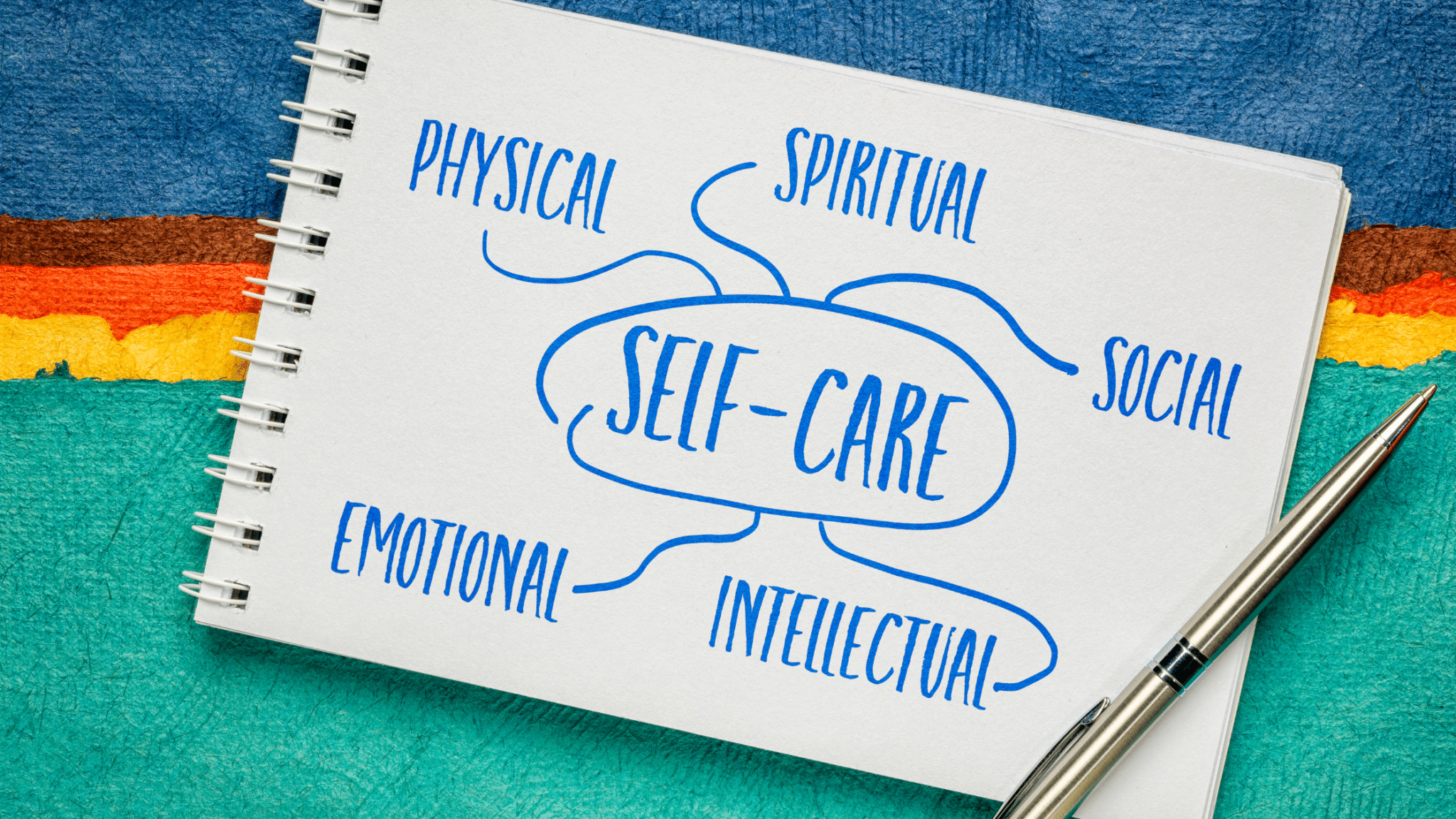Self-Care is Self Responsibility

The term “self-care” is sometimes associated with self-indulgence or even selfishness. This approach to self-care is oriented toward purchasing products or services to fix problems or to relieve stress.
Another way to approach self-care is through self-awareness and self-responsibility. From this perspective, self-care is about embracing human limits while protecting health and relationships.
3 Examples of Self-Responsible Care
Example #1 — Tom
Tom is a successful lawyer in his 70s. He is grateful for relatively good health and for his family. He is, however, feeling ambivalent about his  upcoming retirement. On one hand, he is eager for a slower pace. Maintaining the work pace and schedule that got him to his position has significantly affected him and his relationships.
upcoming retirement. On one hand, he is eager for a slower pace. Maintaining the work pace and schedule that got him to his position has significantly affected him and his relationships.
On the other hand, it is difficult to imagine life without work. It has been his main life focus with little energy available for his marriage or hobbies like his love of music.
He has committed to making some changes to help him maintain energy in his remaining years at the firm and build a bridge to a retirement lifestyle.
Tom’s self-care looks like:
- He takes weekly guitar lessons and practices for 15 minutes daily.
- He has arranged his schedule to be “mostly unplugged” on Sundays to spend time with his wife.
Example #2 — Sue
Sue is in her mid-40s and recently ended a 20-year marriage. She feels energized by her new independence. She is also confronting some self-limiting beliefs and insecurities. Her former husband managed their household finances.
 She, never being interested in money, was happy to leave that responsibility to him. Another big change has been navigating dating apps and staying out late to maintain her social life. This has negatively impacted her sleep and stress levels.
She, never being interested in money, was happy to leave that responsibility to him. Another big change has been navigating dating apps and staying out late to maintain her social life. This has negatively impacted her sleep and stress levels.
She is committed to becoming financially literate and protecting her health as she moves into this new chapter.
Sue’s self-care looks like:
- Each month, Sue opens and reviews her monthly statements. She also reads a personal finance newsletter.
- She set a boundary to protect her sleep by turning off screens and going to bed by 10 on weeknights.
Example #3 — Mary
Mary is in her mid-50s and moved back to her hometown to care for her aging mother. Her mother lived alone in the family home for years,  but the family decided that Mom needed more support two years ago. Mary’s two siblings are local but have demanding careers and family schedules.
but the family decided that Mom needed more support two years ago. Mary’s two siblings are local but have demanding careers and family schedules.
Being single and in a career transition, she stepped up to the caregiver role and moved in with Mom. The past two years have included many joys and challenges.
This biggest challenge has been social isolation and low energy. She has always been the responsible, “go-to person” for her friends and family. Although it was difficult to ask, she finally reached out for help. After several awkward meetings with her siblings, they agreed to share more of the caregiving responsibilities.
Mary’s self-care looks like:
- One weekend per month, one of her siblings stays with Mom while Mary has time to herself.
- Every Wednesday, her niece visits and has dinner with Grandma while Mary goes out to take a yoga class.
- Mary committed to walking every morning, rain or shine, while Mom watches a favorite program. Sometimes her neighbor joins her for the walk.
Tom, Sue and Mary had to accept that they have human needs and limitations. They took action to protect their health, which positively impacts how they show up in their relationships. This is a gift to themselves and to the people in their lives.
Writing Your Own Self-Care Prescription
You are your own best expert. Here are some important questions to ask yourself as you write your own self-care prescription:
How do you work best?
Recall a recent situation in which you felt at your best. Put aside the outcomes of this situation. How would you describe the way you showed up? Describe your body sensations, emotions, and behavior. Another way to zero in on how you work best is to imagine preparing for a high-stakes situation or meeting.
What actions would you take to resource or prepare yourself? How would you set yourself up for success? These are resources that you want to prioritize and protect.
What are my limits?
Being human means living within limits. When needs are met, we typically experience positive emotions. When they are unmet, we typically experience unpleasant emotions. Becoming emotionally literate is important because our feelings offer data about whether our needs are being well met.
Tom, Sue and Mary unmet needs included play, connection, rest, movement, security and competence.
How can I take action?
Once you identify a resource to be protected or an unmet need, it is time to explore strategies. Do you need to learn new skills such as cooking, financial literacy or do you need coaching support? Do you need to negotiate or renegotiate a boundary with coworkers or family – when or for what you are or are not available? Is there an internal block such as a fixed identity or role getting in the way?
A favorite self-care quote from psychologist and relationship expert Dr. Yvette Erasmus states, “You are NOT a device that is always on”.
This suggests that self-care requires humility. This approach to self-care also requires the self-awareness and courage to ask for help or set a boundary. Ultimately, though, it allows us to show up at our best more often.
Contributed by Colleen Bertrand
Colleen is a wellness coach and consultant who teaches people how to work sustainably and prevent burnout. She is a  certified Tiny Habits® Coach.
certified Tiny Habits® Coach.
To find out more, visit colleenbertrand.com or contact her at colleenkanaanbertrand@gmail.com.
Friends Life Care launched the eMeetinghouse blog. in 2017 and posts regularly. The goal was and is to share information about things like holistic wellness, home accessibility, long-term care, and more. As a mission-driven Quaker nonprofit organization Friends Life Care is committed to helping seniors and baby boomers — especially Friends Life Care members — to thrive independently at home as they age. Questions about the benefits of membership? Learn more from one of the Friends Life Care Plan Counselors.
Leave a Comment
